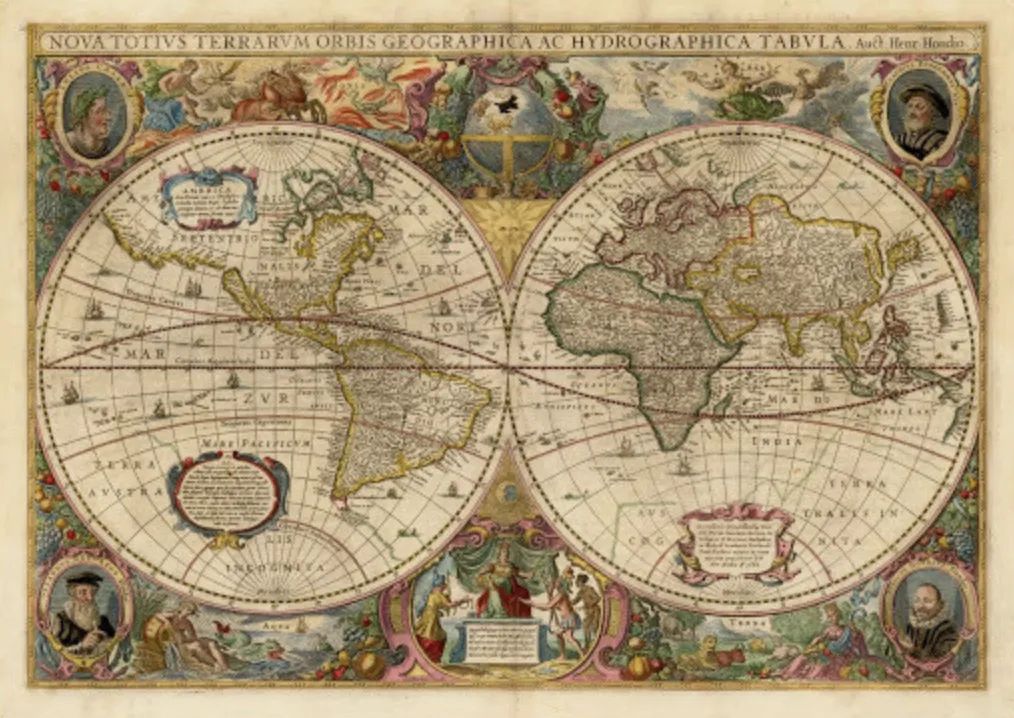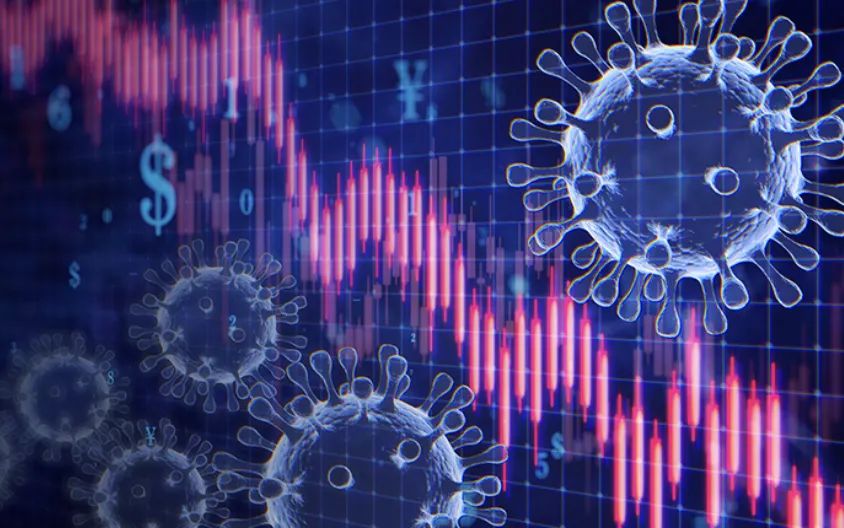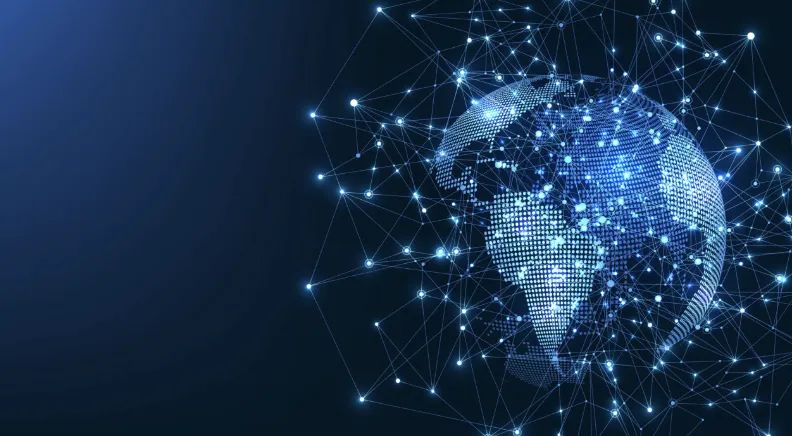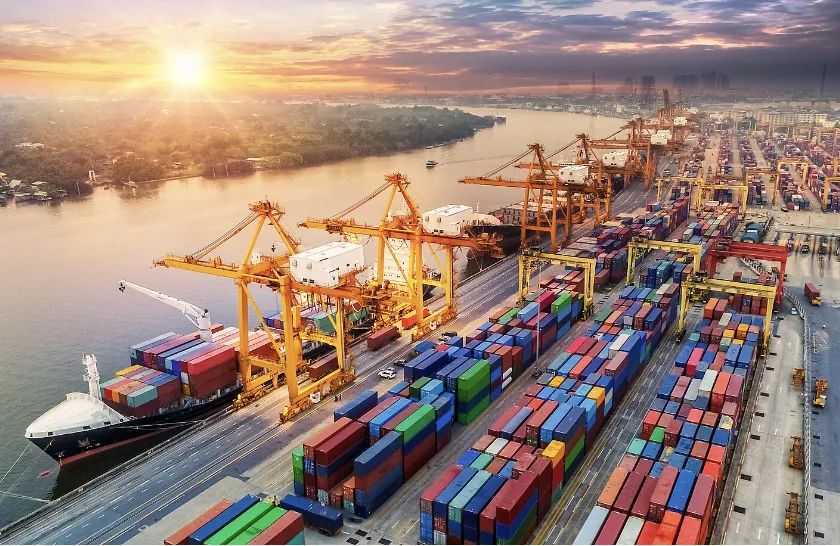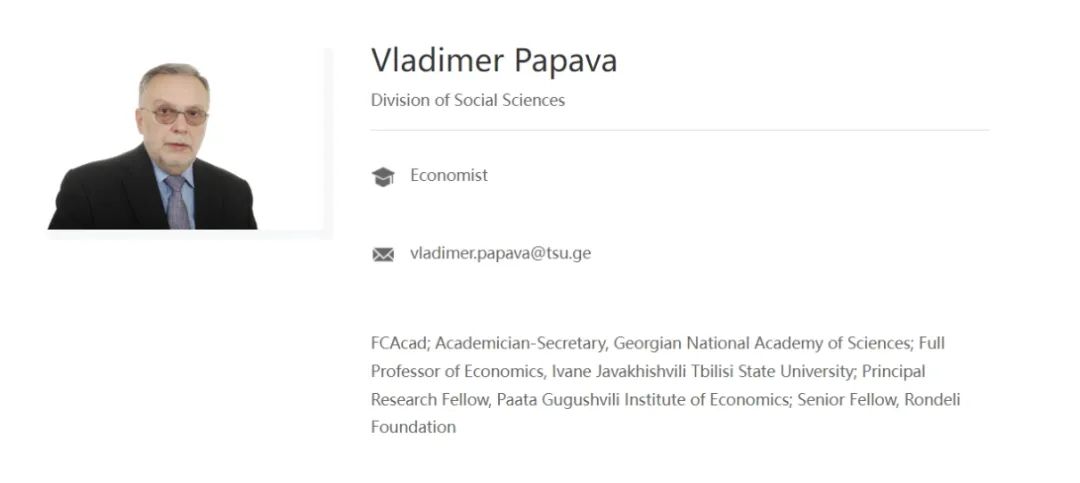Atasuntsev A. (2023). “A Loophole in the Sanctions.” Verstka, August 9, <https://verstka.media/a-loophole-in-the-sanctions-sanctioned-goods-of-almost-all-types-worth-billions-of-dollars-are-imported-into-russia>.
BBC (2024). “What Are the Sanctions on Russia and Have They Affected Its Economy?” BBC, February 23, <https://www.bbc.com/news/world-europe-60125659>.
Berman I. (2023). “Western Business Is Still Sustaining Russia’s War.” The Hill, January 30, <https://thehill-com.cdn.ampproject.org/c/s/thehill.com/opinion/international/3835419-western-business-is-still-sustaining-russias-war/amp/?fbclid=IwAR3RxedQEewOrlkDaoT7QB7N7cbfN_5z-gQnaM_2-OhOIhhIlayQN8fQsbA>.
Blair T., Kalibata A. (2020). “Building Food Security During the Pandemic.” Project Syndicate, May 7, <https://www.project-syndicate.org/commentary/four-ways-to-boost-food-security-during-covid19-pandemic-by-tony-blair-and-agnes-kalibata-2020-05>.
Blatter J. (n.d.). “Glocalization.” Britannica Money, <https://www.britannica.com/money/glocalization>.
Deen T. (2023). “Iranian Drones Include US and Western Components.” Eurasia Review, January 11, <https://www.eurasiareview.com/11012023-iranian-drones-include-us-and-western-components-oped/?fbclid=IwAR3cvzUIiJRQdnljaN-2J5s7KXDRZpz_7lTkmPrSr7wEzjNed__V_o3gRVc>.
Derviş K., Strauss S. (2020). “What COVID–19 Means for International Cooperation.” Project Syndicate, March 6, <https://www.project-syndicate.org/commentary/global-cooperation-can-prevent-next-pandemic-by-kemal-dervis-and-sebasti-n-strauss-2020-03>.
El-Erian M. A. (2020). “Navigating Deglobalization.” Project Syndicate, May 11, <https://www.project-syndicate.org/commentary/covid19-deglobalization-two-priorities-by-mohamed-a-el-erian-2020-05>.
Euronews. (2023). “More than 550 Global Companies are Still Doing Business in Russia. Many are European.” Euronews, January 20, <https://www.euronews.com/my-europe/2023/01/20/more-than-550-global-companies-are-still-doing-business-in-russia-many-are-european?fbclid=IwAR0c3-2aRZZKMu8UgDT2fVFLBabzhfjxpTjBHCKdaRU8LsPiC428xTo0grs>.
Fung V. K. (2020). “The Trade Cure for the Global Economy.” Project Syndicate, April 22, <https://www.project-syndicate.org/commentary/covid19-crisis-revive-multilateralism-open-trade-by-victor-k-fung-2020-04>.
Hayes A. (2022). “Glocalization: What It Means, Advantages, and Examples.” Investopedia, August 30, <https://www.investopedia.com/terms/g/glocalization.asp>
He J. (2024). “Deglobalization and Glocalization in the Current World.” Eurasia Review, February 29, <https://www.eurasiareview.com/29022024-deglobalization-and-glocalization-in-the-current-world-analysis/>.
Kessler S. (2022). “What Is ‘Friendshoring’?” The New York Times, November 18, <https://www.nytimes.com/2022/11/18/business/friendshoring-jargon-business.html>.
Kołodko G. W. (2022). “The Irreversibility of Globalization.” Project Syndicate, September 5, <https://www.project-syndicate.org/commentary/globalization-and-multilateral-cooperation-not-ending-by-grzegorz-w-kolodko-2022-09>.
Krugman P. (2024). “Stuck Ships and Supply-Chain Inflation.” The New York Times, April 2, <https://www.nytimes.com/2024/04/02/opinion/baltimore-bridge-inflation-supply-chain.html>.
Marin D. (2021). “Making Supply Chains More Resilient” Project Syndicate, July 27, <https://www.project-syndicate.org/commentary/should-governments-help-to-boost-supply-chain-resilience-by-dalia-marin-2021-07>.
Myerson R. B. (2020). “How America Should Redefine Its National Security After Pandemic.” The Hill, October 9, <https://thehill.com/opinion/national-security/520326-how-america-should-redefine-its-national-security-after-pandemic/>.
O’Neil S. K. (2022). The Globalization Myth: Why Regions Matter. New Haven, Yale University Press.
Papava V. (2021). “On Pseudo De-Globalization, Silk Road of Global Value Chains and Role of Georgia.” Eurasia Review, October 18, <https://www.eurasiareview.com/18102021-on-pseudo-de-globalization-silk-road-of-global-value-chains-and-role-of-georgia-oped/>.
Papava V. (2022a). “Moving from Hyper-Globalization.” Eurasia Review, October 28, <https://www.eurasiareview.com/28102022-moving-from-hyper-globalization-oped/?fbclid=IwAR2pYf4-drq_z0j5oF9mad6BO8SrjxvsRUbd7ebBjdtt6Fp14jYVZiVITq0>.
Papava V. (2022b). “On Illegal Globalization, or Can Globalization Ever End?” Eurasia Review, December 19, <https://www.eurasiareview.com/19122022-on-illegal-globalization-or-can-globalization-ever-end-oped/>.
Papava V. (2022c). “On the Main Challenges of the Architecture Transformation of the World Economy.” Eurasia Review, March 31, < https://www.eurasiareview.com/31032022-on-the-main-challenges-of-the-architecture-transformation-of-the-world-economy-oped/>.
Papava V. (2022d). “Pandemic, War and Economic Sanctions: From Turbulent to Confrontational Globalization.” Eurasia Review, May 23, <https://www.eurasiareview.com/23052022-pandemic-war-and-economic-sanctions-from-turbulent-to-confrontational-globalization-oped/>.
Papava V. (2023). “Illegal Globalization Is Russia’s Main ‘Ally’ Against the West.” Eurasia Review, February 9, < https://www.eurasiareview.com/09022023-illegal-globalization-is-russias-main-ally-against-the-west-oped/>.
Papava V., Maisaia V. (2023). “On Economic Security under Confrontational Globalization and the Main Concepts of Geo-Economic Warfare.” Bulletin of the Georgian National Academy of Sciences, 17(4): 116–120.
Race M. (2024). “Russian Oil Getting into UK via Refinery Loophole, Reports Claim.” BBC, February 5, <https://www.bbc.com/news/business-68018660>.
Rajan R. G. (2022). “Just Say No to “Friend-Shoring”.” Project Syndicate, January 3, <https://www.project-syndicate.org/commentary/friend-shoring-higher-costs-and-more-conflict-without-resilience-by-raghuram-rajan-2022-06>.
Rickards J. (2022). Sold Out: How Broken Supply Chains, Surging Inflation, and Political Instability Will Sink the Global Economy. New York, Portfolio.
Rodrik D. (2011). The Globalization Paradox: Democracy and the Future of the World Economy. New York, W. W. Norton & Co.
Rodrik D. (2022). “A Better Globalization Might Rise from Hyper-Globalization’s Ashes.” Project Syndicate, May 9, <https://www.project-syndicate.org/commentary/after-hyperglobalization-national-interests-open-economy-by-dani-rodrik-2022-05?barrier=accesspaylog>.
Rodrik D. (2023). “Doing Economic Nationalism the Right Way.” Project Syndicate, November 7, <https://www.project-syndicate.org/commentary/east-asian-model-vindicates-economic-nationalism-by-dani-rodrik-2023-11>.
Ruehl J. P. (2022). “Sanctions Batter Russia as the Kremlin Attempts to Overcome Them.” Eurasia Review, December 6, <https://www.eurasiareview.com/06122022-sanctions-batter-russia-as-the-kremlin-attempts-to-overcome-them-oped/>.
Spence M. (2021). “Why Are Supply Chains Blocked?” Project Syndicate, November 3, <https://www.project-syndicate.org/commentary/prevent-future-supply-chain-disruptions-using-ai-models-by-michael-spence-2021-11>.
Stiglitz J. E. (2020). “Plagued by Trumpism.” Project Syndicate, March 9, <https://www.project-syndicate.org/commentary/trump-coronavirus-failure-of-small-government-by-joseph-e-stiglitz-2020-03>.
Todo Y., Oikawa K., Ambashi M., Kimura F., Urata S. (2023). “Robustness and Resilience of Supply Chains During the COVID–19 Pandemic.” World Economy, 46(6): 1843–1872.
UN (2021). “Enhancing Energy Security in the Context of the Coronavirus Disease Pandemic for a Greener, More Resilient and Inclusive Energy Future in the Region.” UN Economic and Social Council, February 1, <https://www.unescap.org/sites/default/d8files/event-documents/ESCAP_77_17_E.pdf>.
Zeihan P. (2022). The End of the World Is Just the Beginning: Mapping the Collapse of Globalization. New York, Harper Business.




